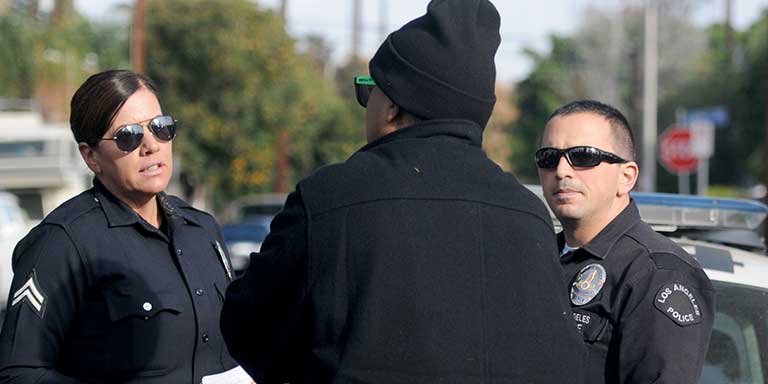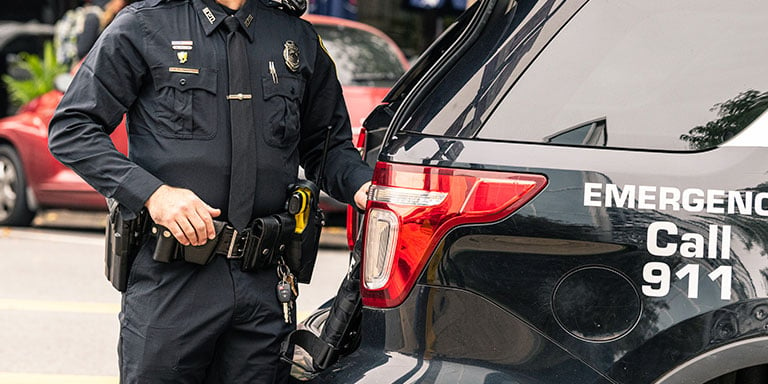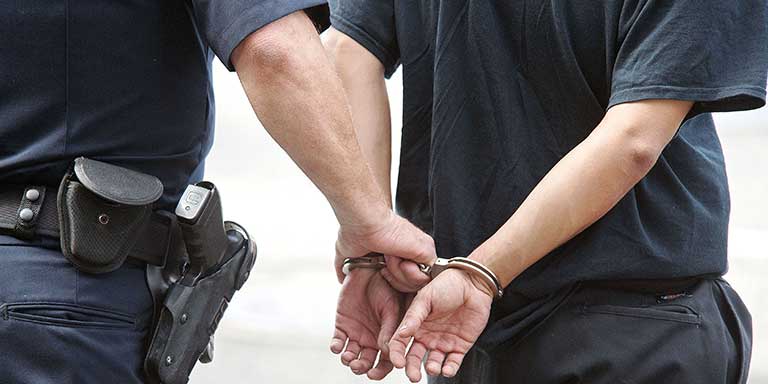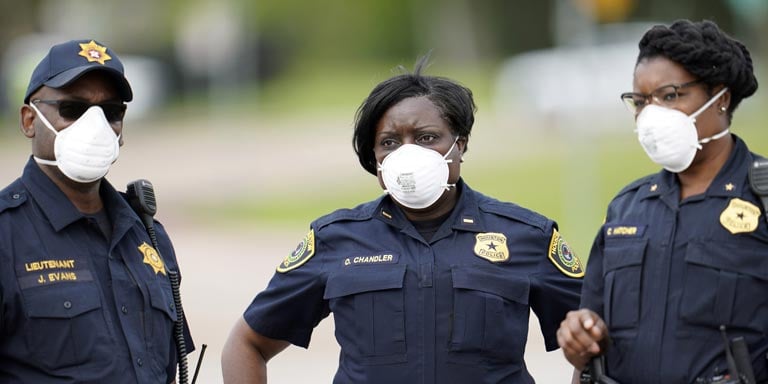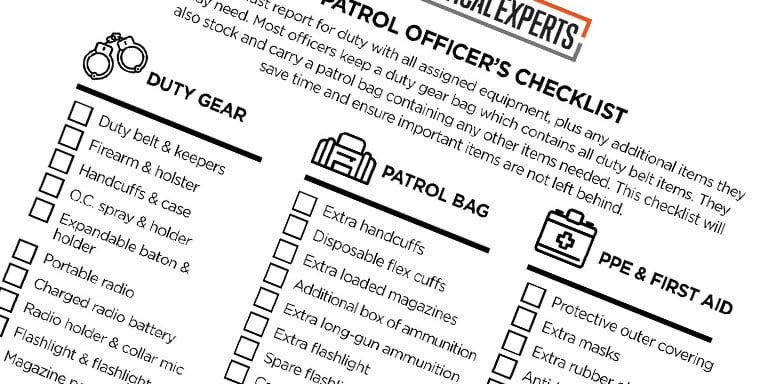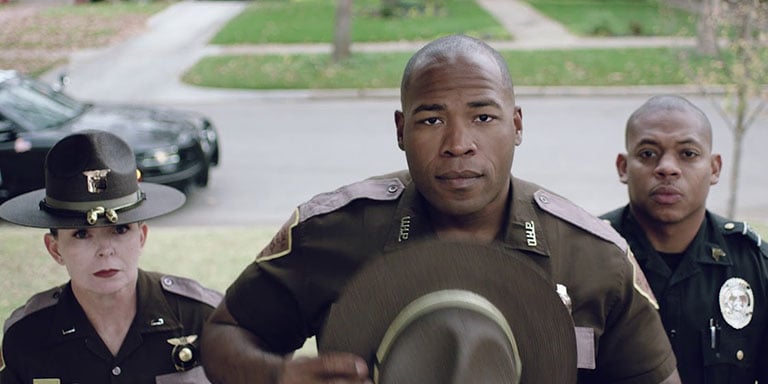
Working undercover assignments isn't something most police officers get to do; around less than two percent of officers take on an undercover role in their careers. A good undercover officer is essential in complex cases. They covertly gather vital intelligence to make cases against criminals. The work is demanding, exciting and dangerous, and it isn't for everybody. We'll take you through some of the basics of being an undercover officer.
Reasons Undercover Officers are Used
Police officers go undercover to accomplish several types of objectives. Assignments may involve infiltrating a criminal organization to learn their operation, identify their members and build cases against them (though these assignments are rare). Most undercover cases involve an officer buying contraband. This can include stolen merchandise or guns, but the vast majority of cases involve buying drugs to bust dealers.
Types of Undercover Assignments
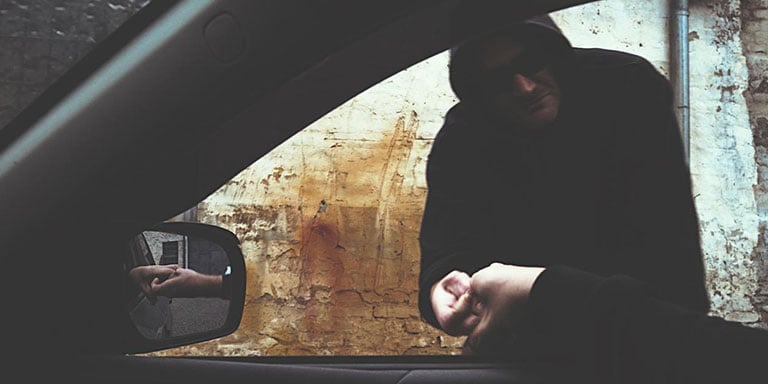
The Drive Up
There are different types (or levels) of undercover assignments. The easiest (and the one with which most officers get their feet wet) is the drive-up purchase. A local informant usually accompanies the undercover officer. The two drive around the city and make street-level purchases from dealers on street corners.
Usually, the undercover comes in from another city for one night's work. A good informant can make introductions to many dealers they know. A combination of a good undercover with a good informant can produce six or more cases in a single night. An experienced undercover may even drive to neighborhood hot spots by themselves, making street purchases while a surveillance team watches from a distance to identify the dealer.
The rule for these buys is that the money must go from the undercover officer's hand directly to the dealer. In addition, the drugs must go from the dealer's hand directly to the undercover. The only other question is whether the undercover can positively identify the seller or not. Some vehicles contain hidden audio and video recording systems for this purpose. If not, a surveillance vehicle may drive by during or just after the sale to make the identification.
During drive-up purchases, several rules are essential for officer safety. When attempting street buys, don't let the dealer get into the vehicle and don't get out of the car. Pull up and stop, but keep the car in drive. A dark alley or other compromising location is not a good place to park. Never agree to pay more than the normal street price for drugs. Lastly, if a buy doesn't feel right or the undercover has a hunch something may go wrong, they should drive away.
The Single-Home Visit
The single-home visit is the next level of undercover work. Officers develop information that narcotics, guns or some other illegal commodity is being sold from a residence. An informant accompanies the officer to the house and makes the introduction. The undercover poses as a buyer and purchases from the dealer. If successful, the officer will have completed a sale case on the dealer and provided probable cause for a search warrant of the premises (read our officer's guide to preparing and executing a search warrant for more information on how they're obtained).
A home visit is more difficult, as dealers are normally suspicious of any new faces. The undercover officer's job is to sell a simple story, making the dealer comfortable enough to sell to them. Most of these cases will be one-and-done — but not always.
The Multiple-Sale Case
Sometimes, a single-home visit buy can turn into something bigger. If the dealer takes a liking to the undercover, then the investigating officer may encourage the undercover to "buy them up." This means the undercover continues to make weekly buys, each bigger than the last. These multiple buys can be used to demonstrate a continuing criminal enterprise. They also increase the seriousness of the charges as the quantity of drugs sold increases. Most importantly, multiple-sale cases may eventually lead the seller to reveal their supplier to the undercover officer.
The Cold Call
There are times when an informant identifies a location that distributes narcotics, but they refuse to make an introduction. Undercovers can deal with this hindrance by making a cold call. A cold call is when the undercover attempts to talk their way in simply by using the informant's name. Many times this doesn't work, but occasionally it will. One important thing to remember is that dealers do what they do for the money, and they are greedy. The undercover can use that greed to their advantage.
In one case, an undercover requisitioned a case of untaxed cigarettes that were seized in a different investigation. When speaking with a dealer, the undercover used the story that the cigarettes were from a burglary in another town. The burglary story gave the undercover some credibility with the dealer. Seeing the value, the dealer, acting greedily, welcomed the undercover and traded the cigarettes for drugs. The officer even took an order from the dealer for more cigarettes. Police later raided the house and seized both the drugs and most of the cigarettes. While the undercover didn't use an informant in this case, they successfully cold called the dealer and, with the right cover story, eventually took him down.
The Undercover Look
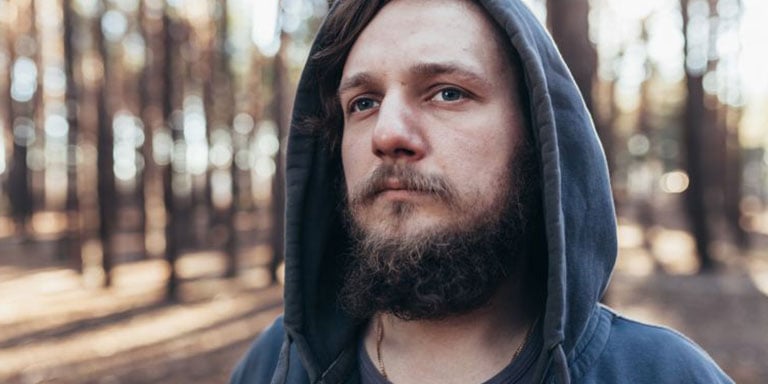
When transferred to narcotics, the first thing most detectives do is grow long hair and a beard. This may change their appearance, but that's about it. It may be a good disguise if they're pretending to be an addict, but many dealers themselves are clean cut. A good undercover can buy dealer-level weight in drugs in a suit and tie, provided they act the part and drive up in the right car.
Being successful as an undercover requires several traits. First, the officer has to be a good liar when interacting with drug dealers; they have to be able to think on their feet and not get tongue-tied. Most importantly, though, an undercover must be able to keep their nerves under control. A nervous or jumpy buyer is a dead giveaway.
Undercover officers have to have their story down cold, as well as rehearsed answers to the most common questions dealers tend to ask, like:
Where are you from?
How do you know (the informant's name)?
Where do you sell?
Do you want to sample the product?
How do I know you're not a cop?
If an officer can not convincingly answer these questions without hesitation, they're not ready to progress past staying in the car and doing drive-up buys.
The Attitude
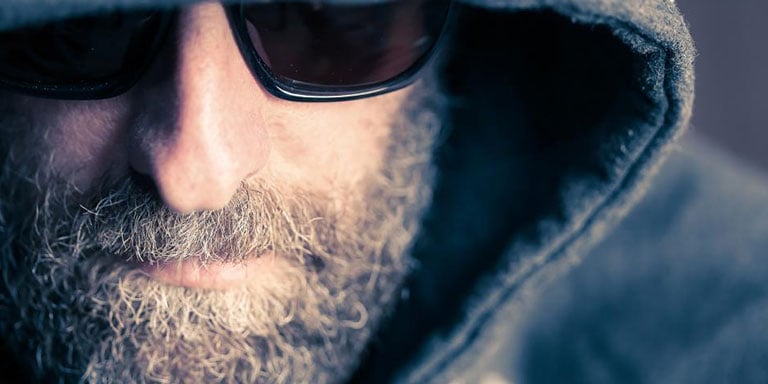
Attitude is the most significant part of playing an undercover role. Undercover officers have to have a streetwise attitude. They can't allow themselves to be manipulated or controlled. If the dealer changes a meeting location, the undercover must be able either to say no or to change the meet time to maintain the upper hand. The undercover must stay in control and not let the dealer call all the shots.
Undercovers should also have a passive, almost apathetic attitude toward most drug deals (it's supposed to be just business to them, after all). They should negotiate drug prices during a sale, but dealers all know that only a cop would pay a higher price for drugs than the normal going rate on the street. From their perspective as an officer of the law, a cop may be thinking, "What do I care if I spend an extra fifty bucks? It's not my money and I'm just making a sale case."
However, the cop should be thinking as a drug dealer would in order to maintain their cover. "If I pay an extra fifty bucks, it cuts into my profits. No way." When playing the role of a dealer, officers have to think and act as a dealer would.
Planning & Backup
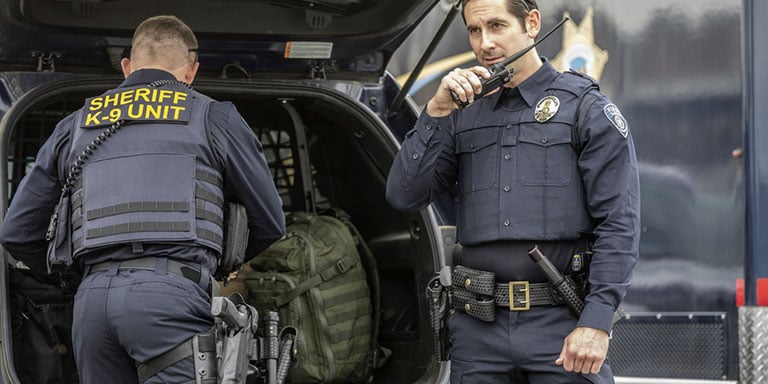
A successful undercover operation is always a team effort. Many officers working undercover work outside their ordinary jurisdiction; this lessens the possibility of running into someone who might recognize them as a cop. The agency working with the undercover officer should provide them with a photograph and a full briefing on the intended targets. If they're working with an informant, the department should introduce the undercover and give sufficient time for both to get their stories synced.
When meeting with a dealer, most undercover officers wear a concealed audio device, or a wire (make sure to read our officer's guide to wiretap investigations). The undercover's backup team should include one person responsible for monitoring the wire. This is one of the most critical jobs of the entire operation. If the undercover gets into trouble, the person monitoring the audio is responsible for sending help. Some undercover officers insist on using a partner from their own agency to monitor the wire as a matter of comfort and familiarity.
Most undercover officers have a prearranged code word or phrase in case they get into trouble. A good code word should be a word that can easily be spoken by the undercover officer without the target realizing what's going on. Only the backup team should know that the undercover is calling for help.
Some members of the team act as surveillance units, keeping track of the undercover's physical location. The final group consists of backup officers who must be ready to make an emergency forced entry if things turn bad.
When working undercover in narcotics, the most significant danger isn't being identified as a cop; rather, it's "the rip." A rip occurs when a dealer agrees to sell the undercover a quantity of drugs for a price, but when the officer shows up with the money, they are immediately robbed. Sometimes, they're beaten up. On rare occasions they're even killed. The general rule is the larger the cash transaction, the greater chance of walking into a rip. Always remember: if something doesn't feel right, walk away.
Being Recognized by Family and Friends
Many drug deals happen in public places in order to cut down on the possibility of a rip. Setting up deals in public can also make surveillance easier. The down side, though, is the possibility of being recognized and approached by a friend or family member.
Upon being assigned to narcotics, officers should have a conversation with all family members and close friends. They should tell these family members and friends that they may, at times, work undercover assignments. They should be told that if they observe the officer in a public place, they should not approach them. Instead, they need to wait for the officer to notice them. If the officer is not working, they will approach the friend or family member on their own.
Working in an undercover role can be both dangerous and exhilarating. The job is often a battle of wits between the officer and the dealer. Any officer who wants to experience this type of work should express interest in narcotics cases. Once assigned to narcotics, the Drug Enforcement Administration (DEA) has several excellent courses in narcotics investigation and working undercover. If they're given the opportunity, working undercover cases will likely provide some of the most dangerous, rewarding and memorable moments in an officer's career.
Did you find this article helpful?


